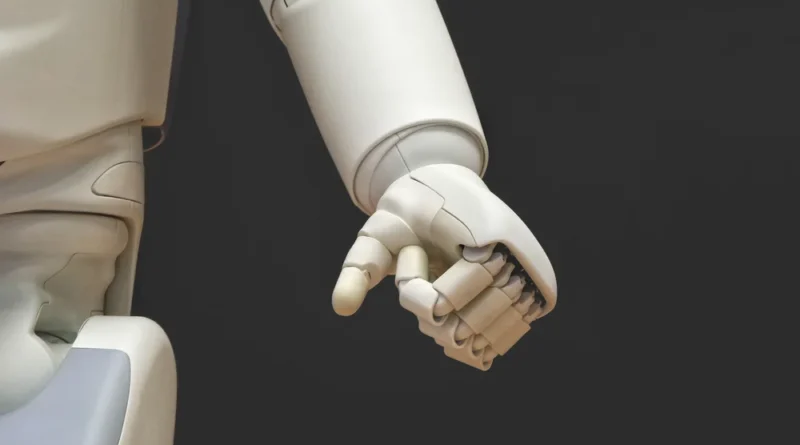Building Bright Minds: Exploring the Role of Artificial Intelligence in Education
Artificial intelligence (AI) has made considerable progress in a number of fields, including education, in the quickly changing world of today. The role of artificial intelligence in education is revolutionizing conventional teaching and learning techniques, opening the door to individualized and effective educational experiences. This article explores how AI is transforming education and its ability to produce intelligent people.
Enhancing Personalized Learning
One of the primary roles of artificial intelligence in education is to promote personalized learning experiences. In order to identify the strengths, limitations, and learning preferences of each student, educators may analyse enormous volumes of data using AI-powered algorithms. AI allows students to study at their own pace, which improves engagement and understanding by adjusting the curriculum and teaching methodologies to meet each student’s requirements.
Intelligent Tutoring Systems
Beyond individualized instruction, artificial intelligence plays a significant role in education. AI is used by intelligent tutoring systems to provide students interactive, adaptive instruction. These tools assess students’ performance and provide them with personalized feedback, helping them understand challenging ideas and providing extra help when necessary. AI-powered tutoring systems improve students’ learning experiences and, eventually, their academic results by adjusting to each student’s progress and learning preferences.
Streamlining Administrative Tasks
AI automates routine administrative work at educational institutions, giving administrators and teachers more time to focus on teaching. Grading, scheduling, and record-keeping are just a few of the typical administrative activities that AI-powered technologies may automate. This automation frees teachers to devote more time to instructing and guiding students, boosting production and efficiency in educational institutions.
Smart Content Creation and Delivery
The role of Artificial Intelligence in the education sector is important in both the creation and distribution of content. Intelligent content creation systems use machine learning and natural language processing to provide interactive learning materials. These resources could include simulations, interactive movies, and tests that can be tailored to a student’s learning preferences. Platforms with AI capabilities may also examine student comments and performance information to continually update and fine-tune the curriculum, providing the best possible educational results.
Supporting Special Education
One of the most important roles of artificial intelligence in education is its enormous potential for assisting students with particular educational requirements. To provide individualized interventions and accommodations, AI-powered systems may analyze and understand data pertaining to each student’s unique issues. For instance, visual recognition technologies can help students with visual impairments, whereas speech recognition technology can help students with communication impairments. AI can help instructors design inclusive learning environments and meet the particular requirements of each student.
Data-Driven Decision Making
Another role of artificial intelligence in education is the ability to gather, process, and analyze massive volumes of data, allowing educational institutions to make data-driven choices. AI can identify opportunities for improvement in curriculum development, teaching strategies, and student support systems by looking at patterns and trends. By empowering educators to use evidence-based practices, data-driven insights gained through AI can improve student outcomes and education as a whole.
Ethical Considerations
Though the potential role of artificial intelligence in education is undeniable, ethical issues need to be taken into account. Concerns about privacy and security occur when working with a large volume of student data. To secure the moral and responsible use of AI in education, educational institutions and policymakers must develop strict criteria. Building trust and realizing the full promise of AI depends on striking a balance between advancing technology and protecting student privacy.
Also read: Cracking the Code: How AI is Strengthening Cybersecurity Measures
Conclusion
The way we teach and learn is being revolutionized by the role of artificial intelligence in education. AI provides a wide range of advantages to teachers and students, including personalized learning experiences, intelligent tutoring systems, expedited administrative activities, and data-driven decision-making. By utilizing AI, we can establish a diverse and flexible learning environment that encourages the growth of smart brains equipped to face tomorrow’s problems. To ensure that AI is applied properly, prioritizing student privacy and well-being, it is imperative to manage the ethical issues around it.




